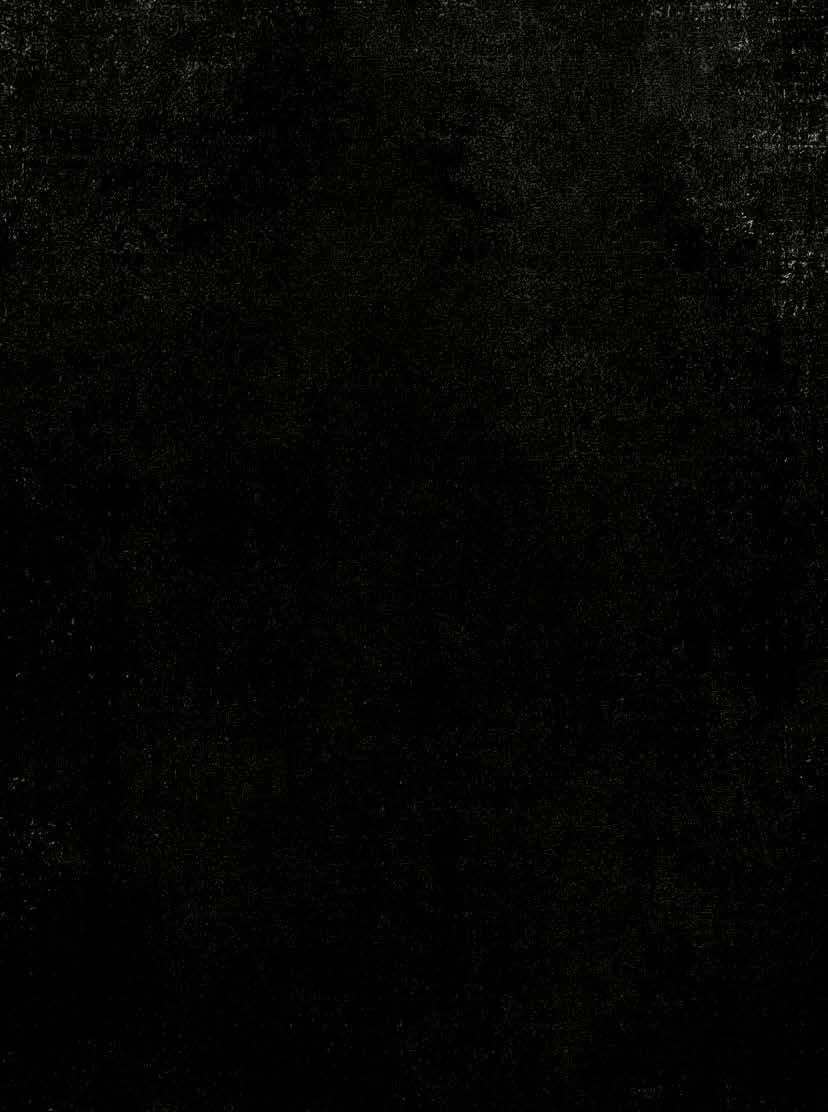
4 minute read
Black Lives Matter
from Middle Templar 2020
Panel Discussion
Emma Hughes is MTYBA’s Diversity & Inclusion Officer for 2020 and currently works at Miles & Partners Solicitors in the Public Family Law department. Middle Temple made the pursuit of a career at the Bar an attainable possibility by granting Emma a Jules Thorn Scholarship.
Advertisement
On Thursday 25 June 2020, the Middle Temple Students Association (MTSA) and Middle Temple Young Barristers Association (MTYBA) held a Black Lives Matter (BLM) Panel Discussion to show solidarity with the BLM Movement following the tragic death of George Floyd. We felt it was important to contribute to the narrative in the legal profession and discuss issues of racism, police brutality and racial profiling in light of the global protests. We invited an esteemed panel, including Master Elaine Banton, Courtenay Griffiths QC, Allison Munroe QC, Abimbola Johnson, Lola-Rose Avery, Aaron Mayers, and Ife Thompson, to discuss some of these profound issues and propose potential solutions.
The Birth of the BLM Movement In 2013, 17 year-old Trayvon Martin was shot dead by a neighbourhood watch member, George Zimmerman; Martin had no criminal record. Zimmerman’s acquittal sparked widespread demonstrations and a national debate over racial profiling and the role of armed neighbourhood watches. We discussed the lack of education about black history and the benefits of making this a mandatory module on the British curriculum. To set the tone for the event, we held a minute’s silence to commemorate those who have tragically lost their lives in the UK and in the US, whilst in police custody, or due to racially motivated attacks.
US We began by looking at issues and examples of racial discrimination in society through two stark examples. Firstly, the microaggressions surrounding the incident of Amy Cooper and Christian Cooper in Central Park on Monday 25 May 2020. This exemplified the weaponisation of a white woman’s tears and the term ‘Afro-American man threatening me’ used by Ms Cooper. What would footage of the circumstances that led to the brutal lynching of 14 year-old Emmet Till in Mississippi in 1955 have shown? The second was the murder of George Floyd, also on Monday 25 May 2020. Notably the officers in George Floyd’s case were not fired until the video went viral and were not charged of criminal offences until after protests. This urges the question, ‘what about all those historical incidents that may have been misconstrued by alleged “victims” in a time when smart phones didn’t exist?’.
UK We examined the way in which black people are overrepresented in the criminal justice system but underrepresented at the Bar. For example, the disproportionate number of black people stopped and searched in comparison to their white counterparts. We considered the concerning changes being proposed for the justice system; getting rid of trial by jury for either-way offences. Propositions such as this may have a detrimental effect on those who come into contact with the criminal justice system. The David Lammy Reviewfound inequities in all different parts of our criminal justice system when it came to BAME defendants. Utilising our voices and registering our concerns with our members of parliament could counteract these proposals.
BLM – why now? Lockdown has amplified the response from social media. BLM protests were declarations to eradicate and drive out systemic racism. Some responses have been reductive at best and performative at worst, using BLM as a marketing tool in some instances. Organisations deciding to put a logo for BLM on their Instagram or Twitter. It is fashionable now, but will it be in six months’ time?
The challenge now turns to how we can translate those words into meaningful and lasting change. In order to achieve lasting sustainable change to make black lives better, the small elite who hold the reins of power must not be complacent with discriminatory systems which operate to oppress people and create an environment of tolerance.
The Solutions At the Bar we see that BAME individuals are underrepresented at every level of the profession. Initiatives such as Bridging the Bar aspire to create a bridge between talented students from non-traditional backgrounds and the skills and experience necessary for a successful career at the Bar. Middle Temple’s Access to the Bar scheme also helps to facilitate social mobility. There are problematic trends which practitioners need to challenge going forward; for example, applications referring to multiple stop and searches, even though nothing has been found and there are no convictions. Inclusion and reliance on evidence of this nature in a criminal behaviour order application, gives the evidence validity without questioning the fact that the person has been targeted repeatedly. Calling out these demonstrations of racial profiling and wide sweeping assumptions of gang affiliation can create a higher level of accountability and enhance social justice. We can fall into the mentality that this is an intimidating and multi-faceted problem that is too big and complex to tackle. However, we would implore everyone to consider that in this problem lies an opportunity. The opportunity arises when we as individuals look to ourselves and the unique roles we each have to bring about the change that we want to see. We need to also use the power and influence we have at a grass roots level and as a collective well-resourced movement to bring about and demand the societal change so we can ensure we live in an environment where black lives really do matter.








